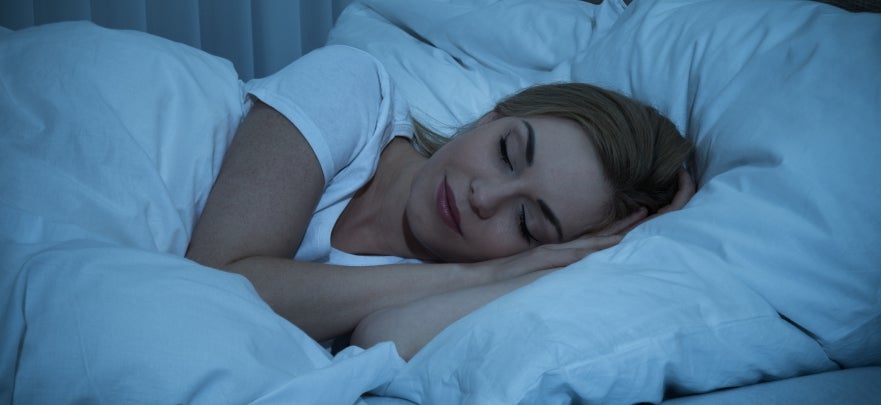What Happens When You Sleep
We all love our sleep and we all complain about not getting enough. Or we sleep too much and feel strange. So what exactly does sleep do for your body and mind? Here’s a little bit about the science of sleep; the stages of sleep, our biological clock, health connections and more.
Several decades ago it was believed sleep was a passive activity during which the body and brain were dormant. It turns out that during sleep the brain is engaged in many activities necessary for our quality of life.
Not All Sleep Is the Same
Surprised? We don’t just close our eyes, fall asleep and magically wake up in the morning as if you just took a long nap. During our time asleep the brain will cycle over and over through two different types of sleep: REM (rapid-eye movement) sleep and non-REM sleep.
The first part of this cycle is non-REM sleep, which has four stages. The first stage occurs between being awake and falling asleep. The second stage is light sleep, when our heart rate and breathing are regulated and our body temperature drops. The third and fourth stages are deep sleep. It was thought REM sleep was the most important sleep phase for learning and memory, but now believed that non-REM sleep is more important as it is more restful and restorative.
The REM sleep is the phase when our eyes move rapidly behind closed lids our brain waves more resemble that of wakefulness. Our breathing increases and our bodies become temporarily paralyzed as we dream.
During the night we cycle through these phases four to five times and spending less time in the deeper sleep stages as the night goes on.
Our Built-In Sleep Controls
We have built in sleep controls that drive our need to hit the pillow each night regardless of what time we see on the clock. There are 2 controls that regulate our sleep: circadian rhythm and sleep drive.
Circadian rhythm is a biological clock in the brain and the key function of this clock is responding to many cues external to the body such as light and when you eat.
Sleep drive is another control your body has built in to make sure we get our much-needed rest. Our bodies crave sleep just like we crave food, but the big difference is our body can’t force us to eat when we’re hungry. But it can put us to sleep. During the day our desire for sleep increases and when it reaches a certain point… You need sleep. Unlike hunger that can go unfed, your body can literally put you to sleep at will. Whether you’re in a meeting, watching TV or driving down the road. When you’re exhausted your body will find a way to fall asleep.
Why We Need Sleep
We have all felt foggy after a poor night’s sleep. It’s not surprising that sleep significantly impacts brain function. A good healthy amount of sleep, at least 7-8 hours, is vital for the brain’s ability to adapt to input. When we don’t get enough sleep, we become unable to retain what we’ve learned during the day and we have trouble remembering it in the future. It is also believed that sleep may assist in the removal of waste products from brain cells.
Sleep is also vital to recovery for the physical body to make repairs to damaged tissue.
If we don’t get enough sleep there are increased health risks. Possible or greater symptoms of depression, seizures, high blood pressure and migraines could worsen. Our immunity is compromised, increasing the risk of illness and infection. Sleep is also a vital role in our metabolism: One night of missed sleep may create a prediabetic state in a generally healthy person. Keep in mind that there are many important connections between health and sleep so start practicing those necessary sleep habits. Turn off your electronics an hour before bed time, decrease the amount of light exposure (dim the lights or wear blue blocking glasses), prepare a to do list for the next day to avoid over-thinking and don’t eat too late in the evening.






